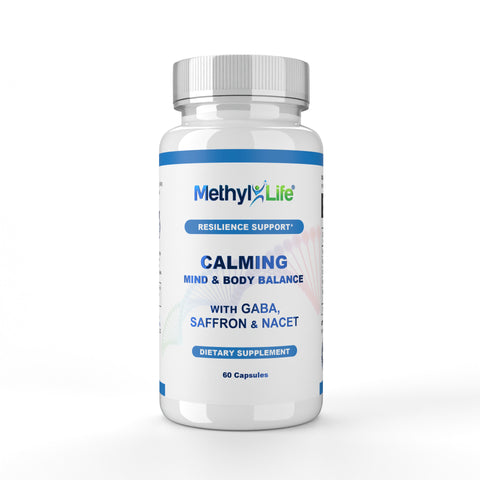What is NAC and NACET?
N-acetylcysteine (NAC) is a sulfhydryl-containing compound known for its potent antioxidant and anti-inflammatory effects in the human body. NAC has gained attention in recent years for its ability to help protect cells from damage caused by oxidative stress, which makes it effective in preventing or managing health conditions linked to cellular damage.1
NAC is safe to use and easily absorbed.
Studies have shown that NAC can be beneficial for various health conditions, including brain damage caused by temporary loss of blood flow (cerebral ischemia), managing pain and inflammation from infections, and restoring thyroid function.2
NAC is also used by athletes to reduce inflammation and enhance health and performance.3
More recent research suggests that NAC also may be useful for managing mental health conditions, including schizophrenia, bipolar disorder, and depression.4
N-acetylcysteine ethyl ester (NACET) is a lipophilic and charge-free form of NAC that is absorbed more readily by the body than NAC. Studies show that NACET rapidly enters the cells where it is trapped, then converted into NAC and cysteine. Treatment with NACET can significantly increase glutathione content of bodily tissues, including the brain, and protects against oxidative stress.5















